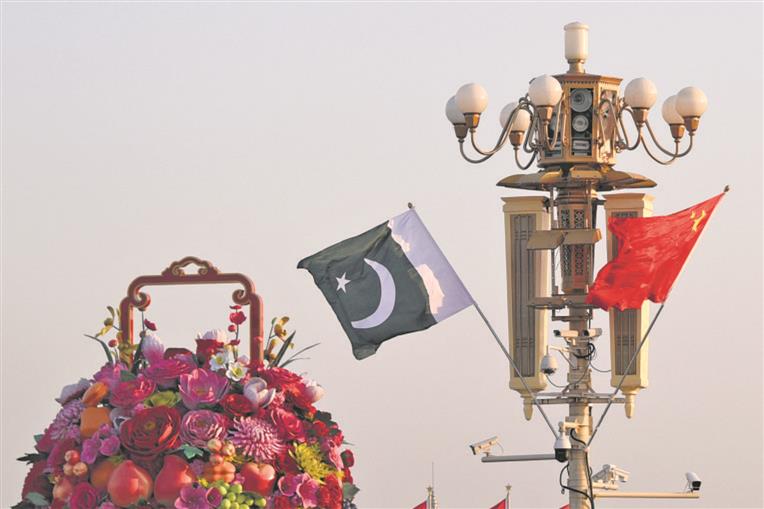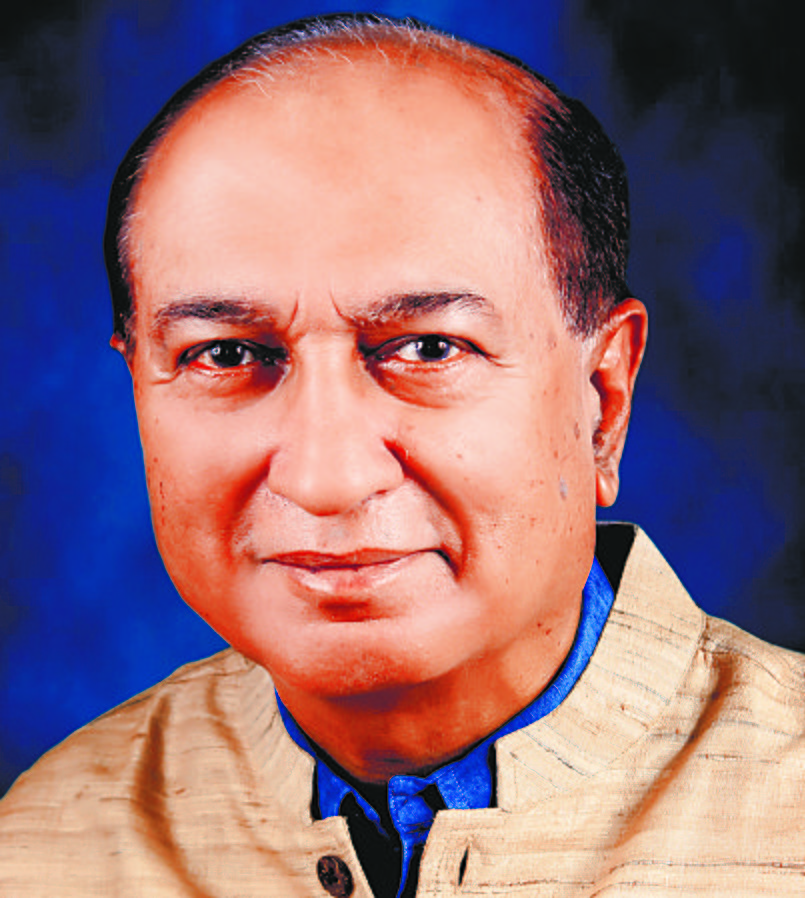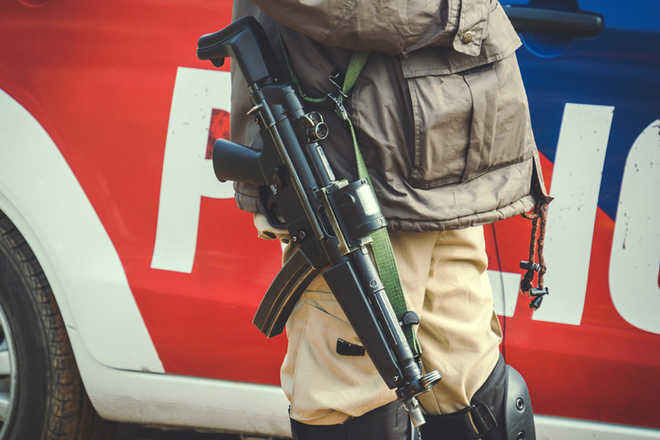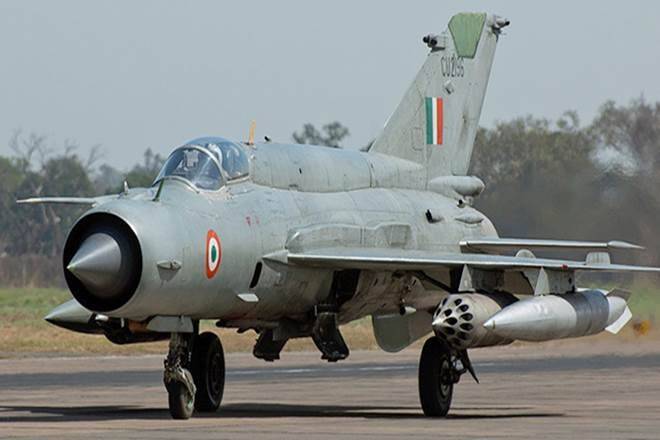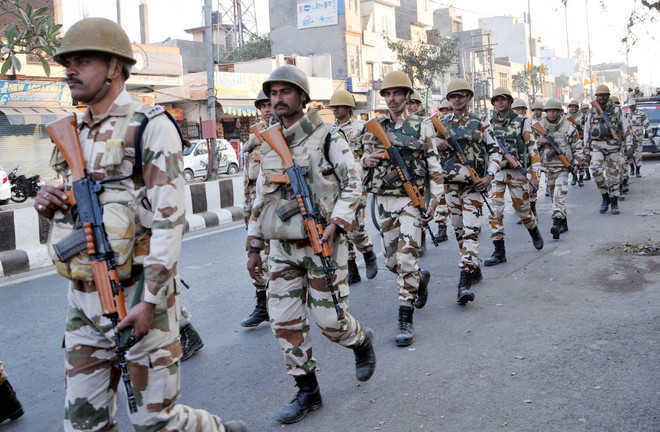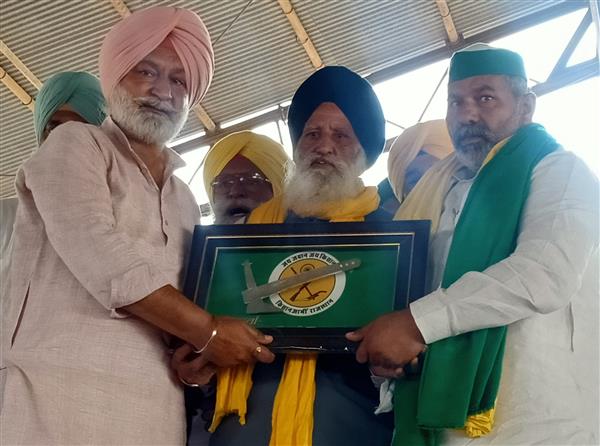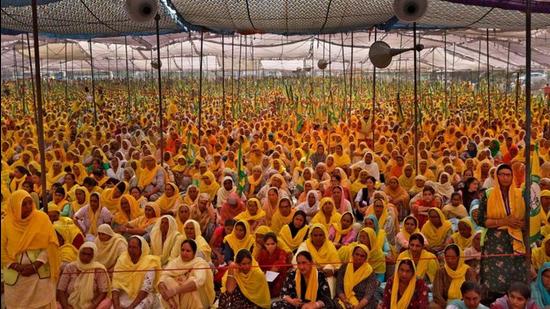We are on the fringes of some dramatic defence cooperation agreements playing out. India would need to weigh in smartly on new arrangements such as the Quad, and its ability to contribute meaningfully to it, whilst arriving at an optimal path that protects our overall interests as an emerging world player. The upcoming visit by US Secretary of Defence Lloyd Austin to India needs to be seen in this light.
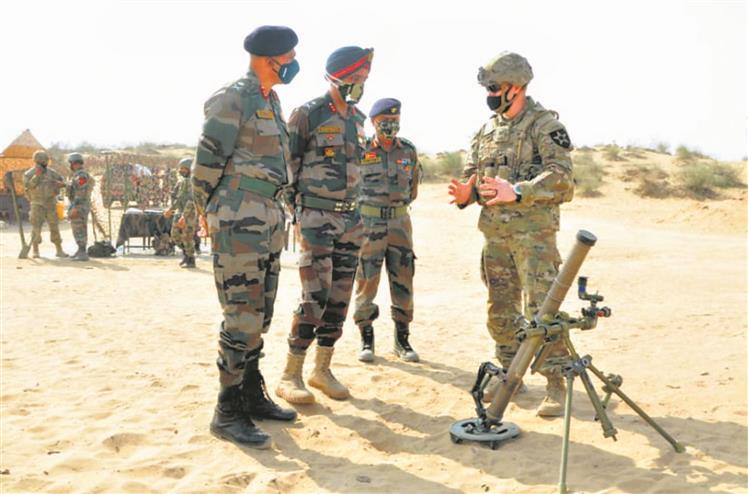
CRUCIAL: Exercising with Western militaries is the sine qua non for meaningful international defence capabilities. PTI

A cursory look at the progress of military affiliation between India and the US, from the General Security of Military Information Agreement (GSOMIA) signed in 2002 to the Basic Exchange and Cooperation Agreement (BECA) signed last October during the 2+2 Indo-US talks, does show an impressive upgrade in defence ties.
With the inclusion of the Logistic Exchange Memorandum of Agreement (LEMOA) of 2016 and the Communications Compatibility and Security Agreement (COMCASA) of 2018, the spectrum of engagement between the militaries encompasses defence cooperation aspects from informational compatibility to logistics exchange. These are indeed foundational agreements, signalling the pathway to cutting-edge weapons technology and encrypted state-of-the-art communications on offer from the world’s leading military entity.
Notwithstanding this, one can’t but wish for some caution on how things could play out going forward. The historical backdrop to our military engagement has been worrisome during the Cold War era. The exasperation of our air wing staff at the Washington embassy caused by the dilly-dallying over the F-16 XL platform (then key to our LCA “control law’ requirements) comes to mind. Indeed that is why several of the subsequent defence programmes such as the Advanced Jet Trainer (AJT) had serious riders on technology traps inherent in such high value deals. Another factor that weighs in on such key defence agreements are of course the local political ambit, such as the Aatmanirbharta for India vis-a-vis the challenges faced by the F-16 production facilities in the US. Be that as it may, we are on the fringes of some dramatic defence cooperation agreements playing out. India would need to weigh in smartly on new arrangements such as the Quad, and its ability to contribute meaningfully to it, whilst arriving at an optimal flight path that protects our overall interests as an emerging world player.
The upcoming visit by the US Secretary of Defence, Gen Lloyd Austin (retd), to India needs to be seen in this light. We need to see “what’s in it for me” in all such defence cooperation agenda, realising the limitations of geopolitics. For instance , it would be naïve for us to expect that some of the existing agreements would entirely serve to counter threats from an assertive China, or indeed that we would get all our wish lists with respect to terrorism and threats emanating from Pakistan. During his confirmatory arraignment before the Senate Foreign Relations Committee in January this year, General Austin is reported to have expressed his desire to improve defence cooperation with Pakistan, seeing it as an inevitable ally in dealing with the Taliban in Afghanistan.
But the fact remains that the culprits of the Mumbai terror attack are yet to be brought to book and Hafiz Saeed still roams free in that country, despite a $10- million bounty offered on him by the US itself. We need to establish for ourselves whether any of the new agreements on intelligence and communication sharing would translate into real-time hard- kill on our enemies of state across the borders. Whilst doing so, we need to exercise practicality on how countries tend to prioritise international terror threats, like for instance did the just-concluded Yudh Abhyas series exercise. Exercising with Western militaries is the sine qua non for meaningful international defence capabilities. Exercise Red Flag, Malabar, Yudh Abhyas and their ilk need to be pursued incrementally no doubt, but with more attention to our national military objectives.
The other aspect in Indo-US military ties is of US weapon systems coming our way as part of the 126 MMRCA contracts (rumours abound about likely F-21/F-15/F-18 deals), space and satellite capabilities and the like. The Balakot experience would have taught us the need for indigenous military satellite capabilities, a la the Keyhole series of the Americans. India no longer has the luxury of not spending adequately on defence. The minimum requirement is to double our defence spending to 3 per cent of the GDP, to address all the key force structural and infrastructural shortfalls. The Americans have been traditionally charry about our strategic linkages to Russia and Iran. Whilst the old fears of technology being diverted from India to Iran may have abated over years of fruitful military co-operation, apprehensions exist on our deals with Russia. The S-400 deal and the likelihood of American sanctions there from is a definite bugbear alright. Are the Americans going to play ball on it or would there be a quid pro quo with respect to some American-made anti-missile system of the Patriot PAC-1 class? We need to work with our American friends to find a modus vivendi in such sticky issues. So far, we appear to be balancing our Russian and American baskets carefully.
The Quad would be an important arena to buttress Indo-US defence co-operation. But once again, we would need to weigh our maritime options carefully. Special forces’ training and cooperation and hard-kill UAV deals of the Predator/Reaper/Sea Guardian class are the other areas for mutually beneficial integration between our defence forces.
With Pakistan running afoul with the Financial Action Task Force (FATF) and its lack of will to enforce the UN-mandated anti-terror strictures, the US needs to work with India to achieve our goals in this arena. General Austin, along with USAF Chief General Charles Brown, is two senior black functionaries in the Biden administration and they would have their own compunctions in the post-Floyd anti-racist era still playing out in the US of A. Like the apparent glitches in the trade arena between our two countries, defence too would offer some challenges.






















































